Scientific Name: The Scientific name of the Hing is Asafoetida.
Description:
For centuries it is used in many medicines for treatment. Hingis used to help in the process of the digestion and treats the heart burn.
Benefits:
There are so many benefits of the Hing like:
- It is used to cure the Bronchitis
- It removes the Stone in kidney
- It is widely used in the Ayuivedic Medicines to Treat Many Problems
- It treats the arthritis
- Swelling of Joints is treated by it.

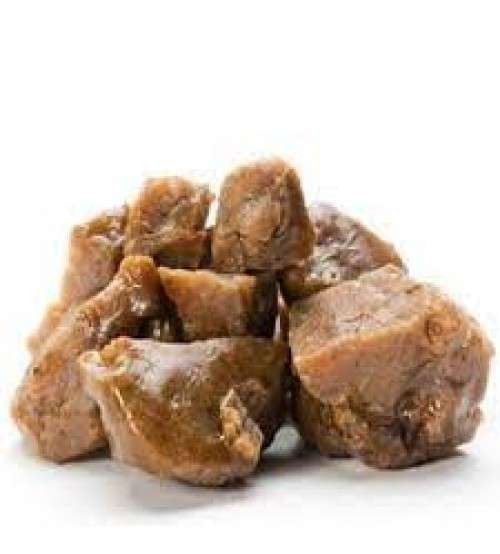
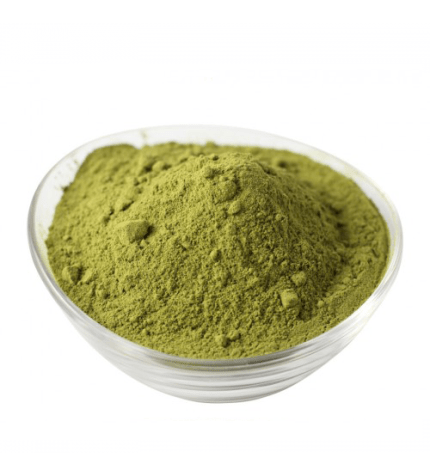
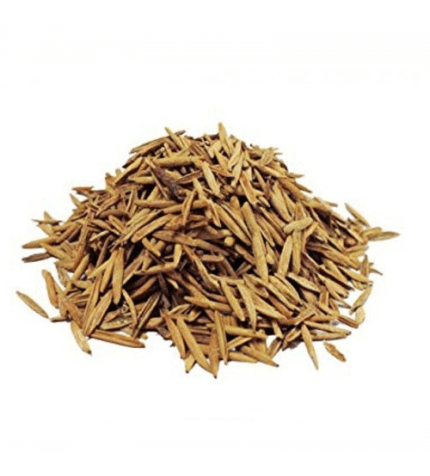




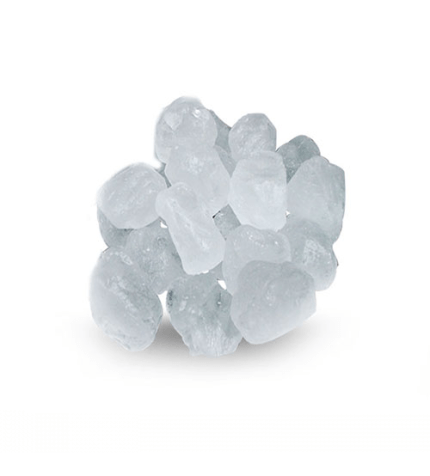
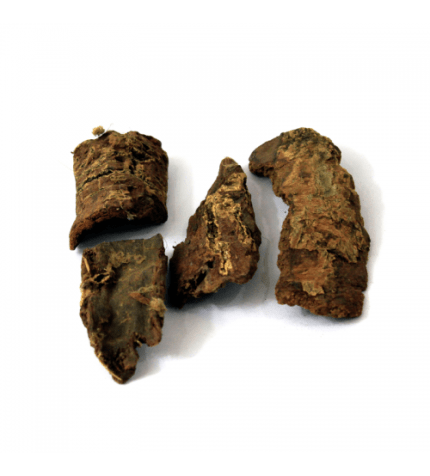


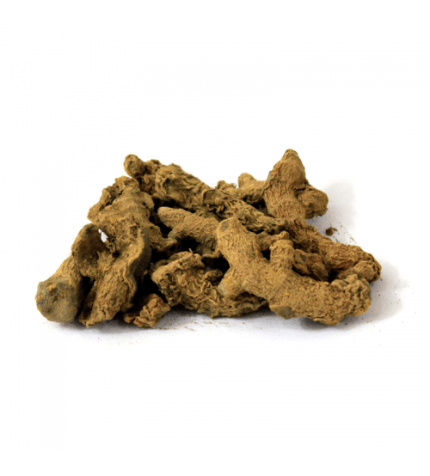
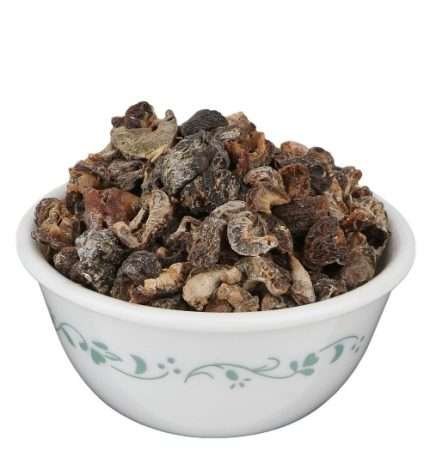
Reviews
There are no reviews yet.